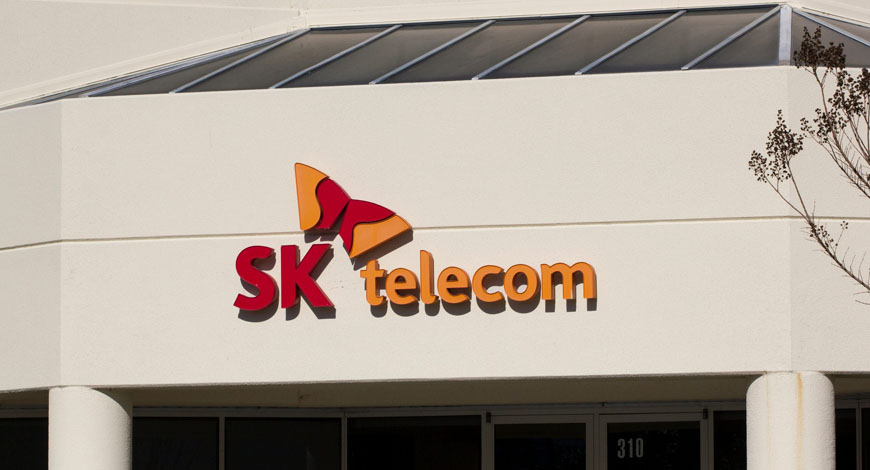SK Telecom, South Korea’s largest telecommunications firm by market share, is facing mounting fallout from a massive cyberattack, with subscriber churn accelerating despite the company’s compensation measures, such as allowing customers to cancel their contracts early without penalty.
While the company may retain its No. 1 position for now, its market dominance is increasingly under threat, with over 800,000 subscribers having already left as of the end of last month. As rival carriers ramp up efforts to lure dissatisfied customers, attention is focused on how SKT will contain the damage and defend its market share.
Just a day after SKT announced its penalty waiver for early contract termination and unveiled a compensation plan on Friday, nearly 4,000 subscribers switched to rival carriers. On Saturday alone, SKT lost 3,865 users, while KT and LG Uplus gained 1,952 and 1,913 new subscribers, respectively.
The government concluded on Friday that SKT had been the target of hacking attacks since 2021, and that negligence on its part allowed the damage to escalate — ultimately leading to the exposure of nearly 10 gigabytes of sensitive subscriber data.
Amid concerns about significant financial losses, SKT ultimately decided to comply with the government’s order to waive termination fees, prioritizing the restoration of long-term customer trust over short-term revenue, according to SKT CEO Ryu Young-sang.
At a parliamentary hearing in May, the CEO warned that up to 5 million customers could leave if the company waived its termination fees, potentially resulting in more than 7 trillion won ($5.1 billion) in revenue losses over the next three years — assuming an average penalty of 100,000 won per person.
Customers who canceled their contracts after the April 19 hacking incident, or who do so by July 14, will not be required to pay termination fees.
In addition to the penalty waiver, the company has also announced compensation measures, including a 50 percent discount on August bills and 50 gigabytes of free monthly data through the end of the year.
“We are closely watching the situation, as there will likely be a significant number of subscribers who choose to end their SKT contracts and switch carriers without penalty by the 14th,” said an industry official.
Reflecting the impact of these measures, SKT revised its 2024 consolidated sales forecast downward from 17.8 trillion won to 17 trillion won, citing losses from bill discounts and anticipated revenue hits from the penalty waivers.
With SKT’s waiver policy easing contract exits and rival carriers stepping up their marketing efforts, telecom competition is expected to peak in the coming weeks.
Samsung Electronics is also preparing to launch its next-generation foldable smartphones — the Galaxy Z Flip 7 and Z Fold 7 — this week, while the upcoming repeal of a law that caps smartphone subsidies is expected to add further fuel to the competitive fire.
Meanwhile, some franchise stores of rival mobile carriers have come under fire for aggressive and unethical marketing tactics. As KT and LG Uplus intensify their campaigns to attract SKT users, certain retail outlets have reportedly offered illegal subsidies and instructed employees to use fear-based sales pitches.
One such script targeting hesitant customers reportedly read: “If you stay with SKT, your child could suffer from similar hacking later, and your phone number leak could put your child at risk too.”
While the government has confirmed there has been no secondary damage from the hacking incident, these misleading tactics are fueling consumer fear in a bid to boost subscriber counts. Korea Herald
